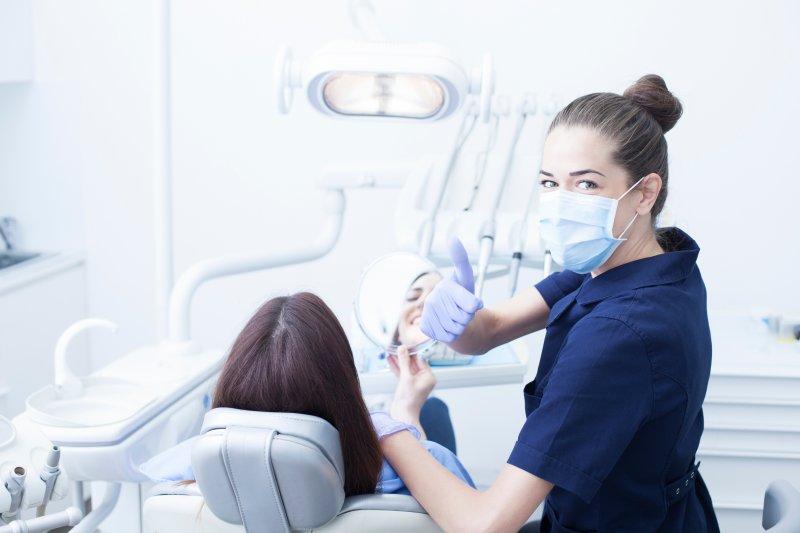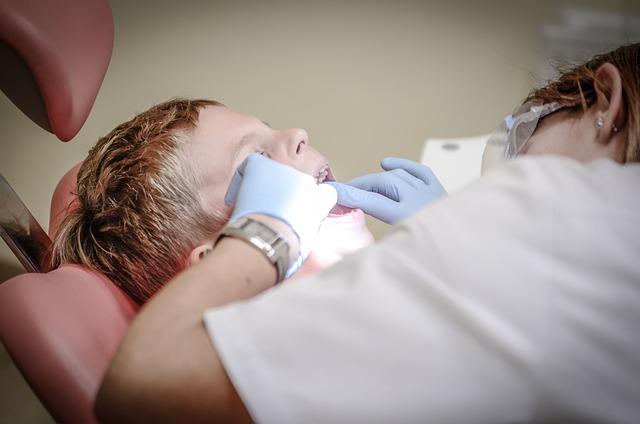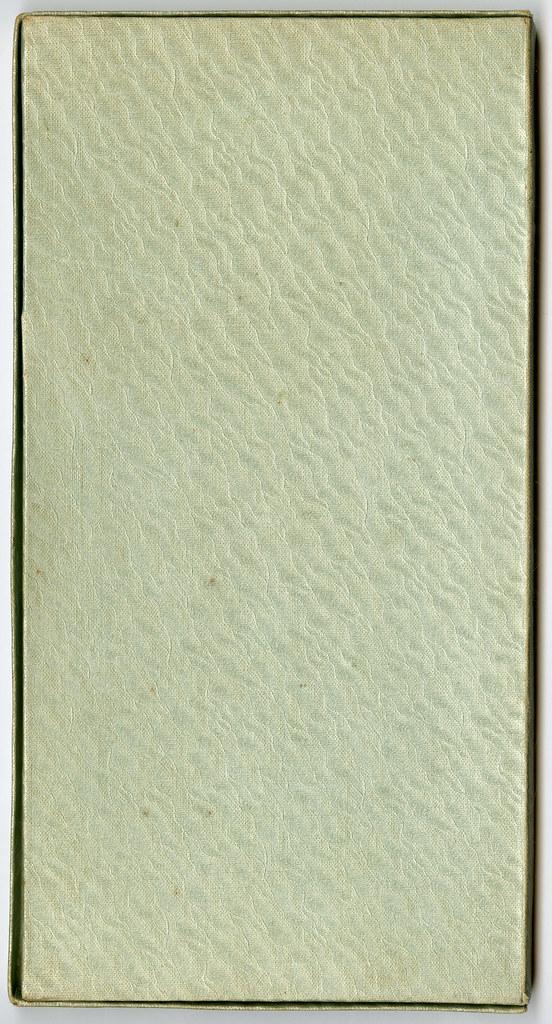When planning a trip, most travelers focus on itineraries, accommodations, and packing lists, often overlooking the crucial aspect of travel insurance. Among the many questions that arise when considering travel insurance is whether it covers emergency dental care. This concern is not only valid but essential, as dental emergencies can occur unexpectedly and potentially derail your travel plans, leading to significant discomfort and unplanned expenses. In this article, we will delve into the specifics of travel insurance policies, clarify the extent to which they cover emergency dental situations, and provide guidance on selecting a plan that ensures peace of mind during your travels. Understanding these details will empower you to make informed decisions, ensuring that you are adequately protected against unforeseen dental issues while exploring new destinations.
Understanding the Scope of Travel Insurance Dental Coverage
When planning your travels, it’s crucial to understand the specifics of your insurance coverage, especially when it comes to dental emergencies. Many travelers mistakenly assume that all travel insurance plans automatically cover dental issues. In reality, the extent of this coverage can vary significantly. Emergency dental care is typically included, but it’s essential to delve into the details of what your plan offers. Coverage often applies to unexpected dental injuries rather than routine care or pre-existing conditions. For instance, a sudden toothache or a chipped tooth from an accident might be covered, while a regular cleaning or a cavity treatment may not be.
Here are some common elements that might be covered under travel insurance dental plans:
- Emergency pain relief – Addressing acute discomfort until you can see your regular dentist.
- Accidental dental injury – Treatment for teeth damaged due to unforeseen accidents.
- Temporary fillings – Solutions to stabilize a situation until further treatment can be administered.
It’s also wise to consider the policy’s limits and exclusions. Some plans may have a cap on dental expenses or exclude specific types of treatment. Reviewing your policy thoroughly and consulting with your insurance provider can help ensure you’re adequately protected against any dental surprises on your journey.

Key Factors to Consider When Evaluating Emergency Dental Coverage
When scrutinizing your travel insurance policy for emergency dental care, several critical aspects should be evaluated to ensure comprehensive protection. Coverage Limits are paramount; these dictate the maximum amount your insurance will pay for dental emergencies. It’s crucial to verify if these limits are sufficient to cover potential costs in the destinations you plan to visit. Additionally, consider the types of dental emergencies included. Policies may vary, with some covering only acute pain relief while others extend to treatments like temporary fillings or extractions.
Examine the network of dental providers associated with your plan. Access to a wide range of qualified professionals can significantly ease the process of obtaining care. Moreover, check for any pre-authorization requirements that might delay treatment. Lastly, consider the claim process: a streamlined and straightforward procedure is invaluable in reducing stress during emergencies. Keep an eye out for any exclusions that might affect your coverage, such as injuries sustained during high-risk activities. Armed with this knowledge, you can travel with peace of mind, knowing your dental health is safeguarded.

How to Choose the Best Travel Insurance Plan for Dental Emergencies
When selecting a travel insurance plan that includes coverage for dental emergencies, it’s crucial to scrutinize the specifics of each policy. Start by examining the coverage limits for dental care. Many plans have a cap on the amount they will pay for dental treatment, which might not cover more extensive procedures. Check if the policy offers coverage for both emergency treatment and follow-up care. Some plans only cover the initial emergency visit, leaving you responsible for any additional treatments.
Consider the network of dental providers associated with the insurance plan. Policies with a broader network can offer more options and convenience when you’re in need. Also, look into the claim process—some insurers require upfront payment and reimbursement later, which could be a burden if you’re traveling on a tight budget. It’s also wise to evaluate any exclusions or waiting periods that might affect coverage. Lastly, read reviews and ratings of the insurance provider to ensure they have a reliable history of handling claims effectively.

Expert Tips for Maximizing Your Travel Insurance Benefits
When it comes to travel insurance, understanding the nuances of your policy can significantly enhance your protection while traveling. One area that often leaves travelers with questions is emergency dental care. Here are some expert tips to ensure you maximize your travel insurance benefits:
- Review Your Policy Thoroughly: Before embarking on your journey, meticulously go through your travel insurance policy. Check for clauses that cover dental emergencies. While some plans offer comprehensive coverage, others might have limitations or exclusions.
- Understand Coverage Limits: Emergency dental care often has specific caps on the amount that can be claimed. Make sure you know these limits and what they entail, so you’re not caught off guard if you need treatment abroad.
- Keep Detailed Records: In the event of a dental emergency, maintain thorough documentation of all treatments and expenses. This includes receipts, medical reports, and any other relevant paperwork, which will be crucial when filing a claim.
- Contact Your Insurer Immediately: As soon as a dental issue arises, reach out to your insurance provider. They can guide you on the steps to take, ensuring that you adhere to their procedures and maximize your benefits.
By following these tips, you can confidently navigate the complexities of travel insurance and ensure that you receive the full benefits you are entitled to in case of a dental emergency while traveling.

